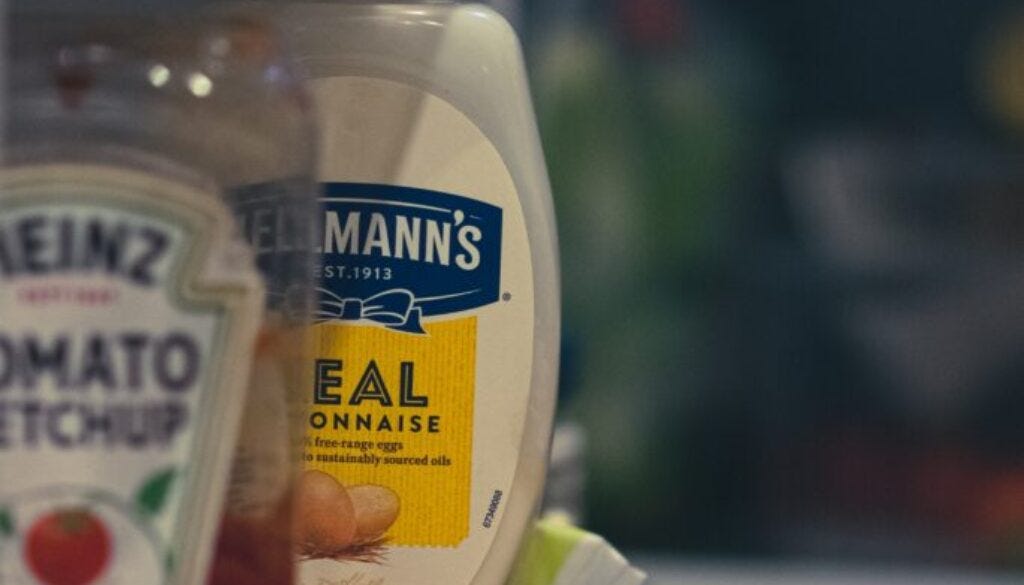Must-read recap: The New Lede's top stories
PFAS may disrupt bone development, study finds; EPA orders company to stop making plastic containers that leach PFAS; pregnant women near farm fields show increased weed killing chemical in urine.
PFAS may disrupt bone development in children and young adults, study finds
Exposure to a widespread, toxic chemical called PFOS may interfere with bone development in children and young adults, potentially putting them at higher risk for osteoporosis and other bone problems later in life, according to a new study that focused mainly on Hispanic individuals from southern California.
Perfluorooctane sulfonic acid (PFOS), a widespread type of per- and polyfluoroalkyl substances (PFAS), was associated with lower bone mineral density in a group of 328 overweight Hispanic children and in a group of 158 young adults of mixed ethnicity. The study, published Dec. 6 in the journal Environmental Research, was unique in that it tracked associations between bone density and PFAS blood serum levels over time.
“Existing research had established associations between PFAS and bone health, but previous studies, most of them only collected information at one time point from participants,” said Emily Beglarian, a PhD student at the University of Southern California’s Keck School of Medicine and the lead author of the study. “Additionally, many existing studies were focused on non-Hispanic, white participants and many focused on older adults.”
Although Hispanic people are at high risk for developing osteoporosis as adults, they are often not included in research on bone health, said Beglarian. (Read the rest of the story.)
EPA orders company to stop making plastic containers that leach toxic PFAS
The US Environmental Protection Agency (EPA) has ordered a major company to stop producing hundreds of millions of plastic containers each year that contain toxic per- and polyfluoroalkyl substances (PFAS), which leach into countless products.
The so-called “forever chemicals” are produced by a fluorination technique that Inhance Technologies uses to prevent liquids from leaking out of high-density polyethylene (HDPE) plastic containers. The PFAS can leach into pesticides, personal care products, household cleaners, condiments, and many other liquids stored within the containers.
“I’m stunned but pleased that EPA took such strong action and hoping the decision remains intact through whatever court case Inhance is going to bring,” said Kyla Bennett, the science policy director for the watchdog group Public Employees for Environmental Responsibility (PEER) and a former EPA employee. “It wasn’t easy getting them there, but they got there and that’s what matters.”
Inhance is “basically the only one in the world” that uses this particular fluorination process to treat plastic containers, Bennett said, adding that plastic containers from two ounces up to 55 gallon drums are affected and “we’re talking about really all sectors of the economy.”
The order, issued Dec. 1 under the Toxic Substances Control Act (TSCA), states that nine long-chain PFAS chemicals have been identified in Inhance containers, including perfluorooctanoic acid (PFOA), which was recently classified as carcinogenic to humans by the International Agency for Research on Cancer (IARC), an arm of the World Health Organization (WHO). The order will go into effect Feb. 28, 2024. (Read the rest of the story.)
“What is going on?” Pregnant women living near farm fields show increased weed killing chemical in their urine
Pregnant women living near farm fields show “significantly” increased concentrations of glyphosate weed killer in their urine during seasonal periods when farmers are spraying their fields with the pesticide, according to a new scientific paper published last week.
The research team said the findings were concerning, given recent studies that have associated gestational exposure to glyphosate with reduced fetal growth and other fetal problems.
“If the developing fetus is especially vulnerable to glyphosate, it is critical to understand the magnitude and sources of exposure during this critical developmental period,” the new paper states. The authors include researchers from the University of California, Berkeley; the University of Washington; King’s College London; Boise State University; and the US Centers for Disease Control and Prevention (CDC).
The results were also considered somewhat surprising because none of the women studied worked with glyphosate or other pesticides or had a household member who worked with pesticides, said Cynthia Curl, associate professor at Boise State and lead author on the paper. (Read the rest of the story.)






“EPA orders company to stop making plastic containers that leach toxic PFAS”. The coating was applied to 200 million HDPE (recycle triangle 2) containers per year in the United States used for everything from food to chemicals. Why isn’t this front page news?